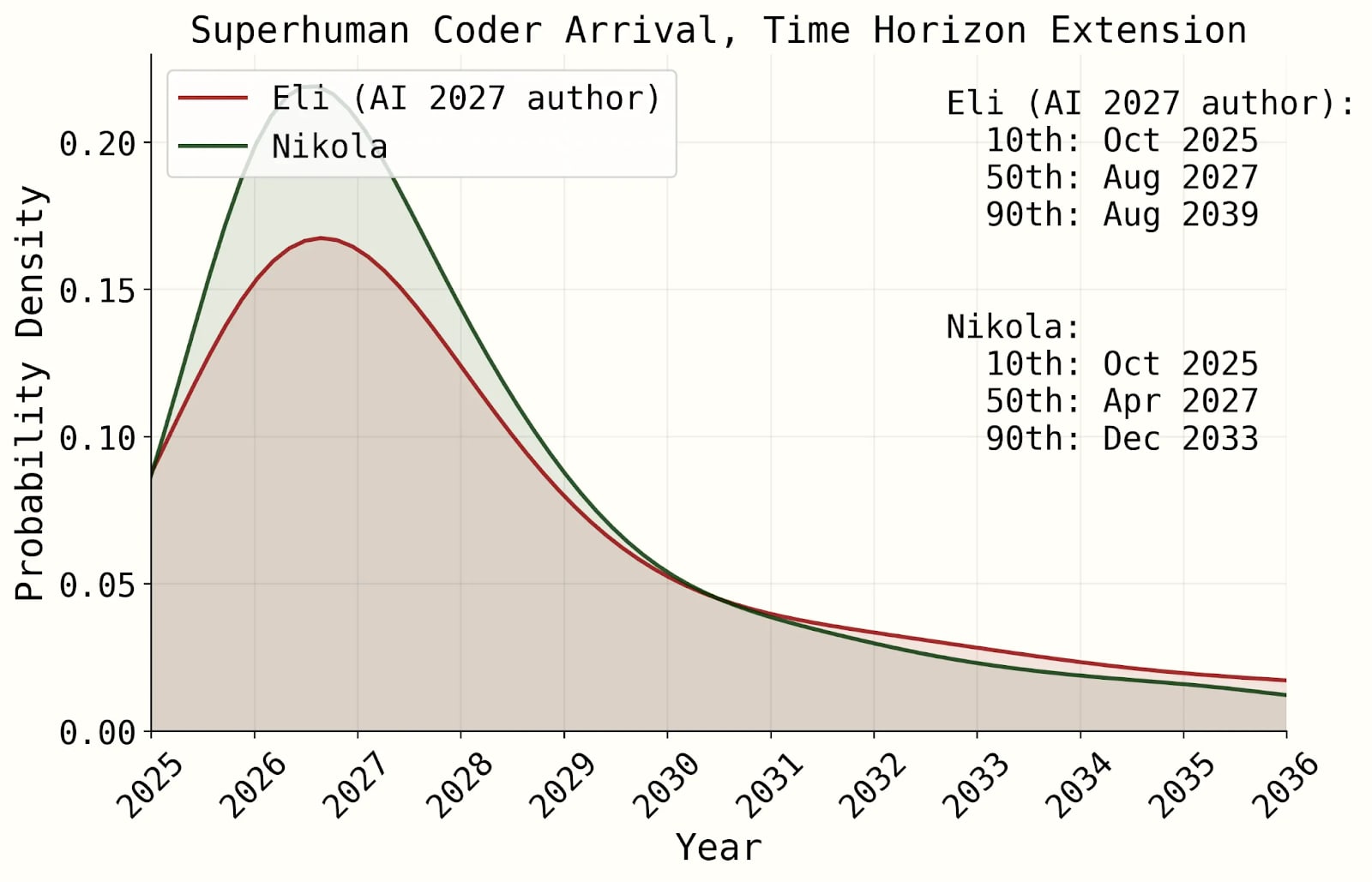How do you deal with fear of missing out / fear of better option when picking projects. I struggle with this a lot. I am a curious person who is always trying to improve, I am maximizer in most contexts. It allows me to have an open mind, to prevent tunnel vision.
At the same time it prevents me of making a decision, I always try to find a way how to improve my chances, how to find my cooperative advantage etc but I am in my early 30s, so I want to optimize for an impact. I am web developer so my skills are in demand and I can work on different areas(good problem to have), but obviously this just opens other options to me.
So generally I know my direction - better internet / web applications but possibilities how to approach this problem are endless. Also, I still like to have a place for other intellectual stuff like, EA, philosophy, business etc
There are few things which I try to do like:
- to accept there are limitation and drawbacks. I accept I can't eat all the flavors of the ice cream and I can't just skip from project to project.
- use decision process like DECIDE framework
- get away from environment like social media which make this worse.
- plan ahead. When I search for some information I try to search it to solve specific problem rather than going through intellectual rabbit hole. I still leave some space for random info to get outside of my bubble, but I try to limit it. No new podcasts, no new books(rather reread classics), limit news etc.
- appreciate existing options more, there is a lot we can be all thankful for and I found my self taking for granted my job
- channel the energy to some side project. For example, I love exploring new ideas, so I can write simple blog about them or share them on twitter
- get inspiration from craftsmen . I love watching jiro dreams of sushi, or The Last Dance, where you can see the appreciation for the craft.
- get a time to stay back -> meditation, going offline to nature etc



PS: weren't there some chat room for EA software developers?